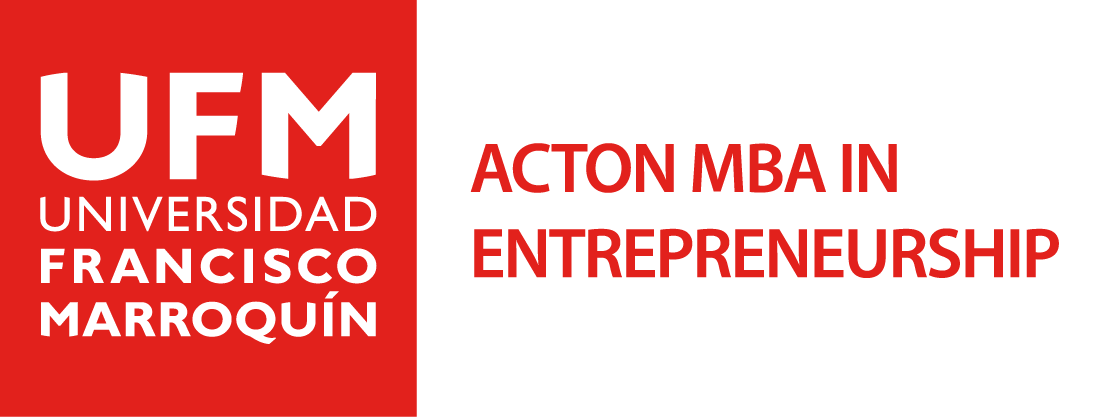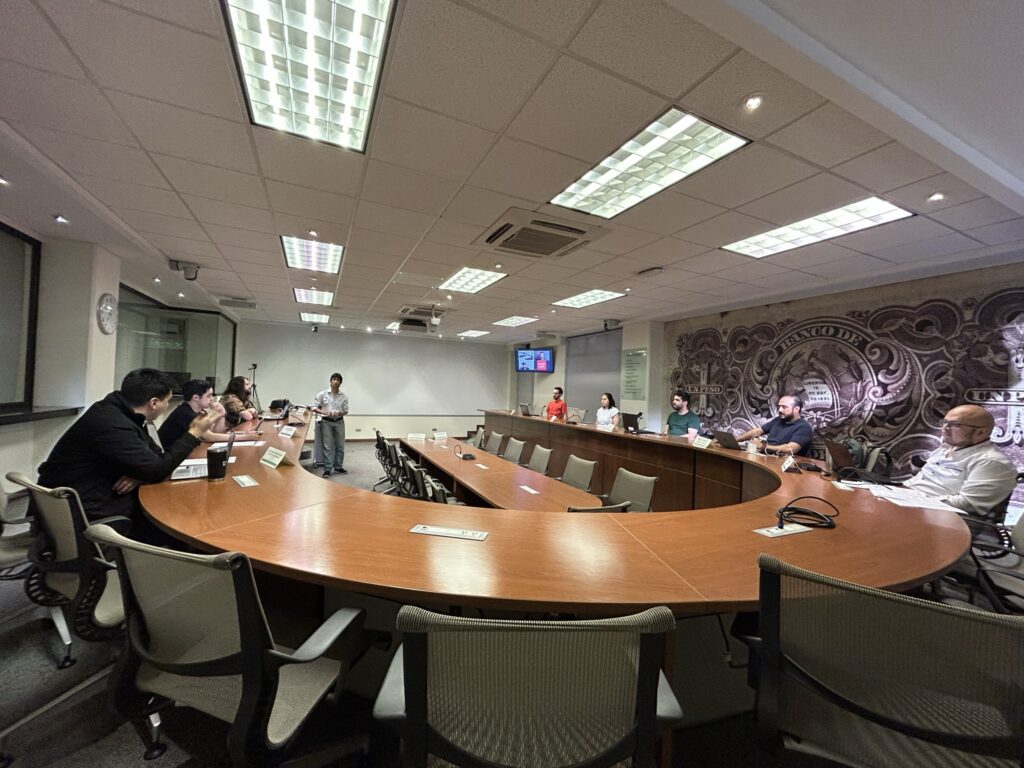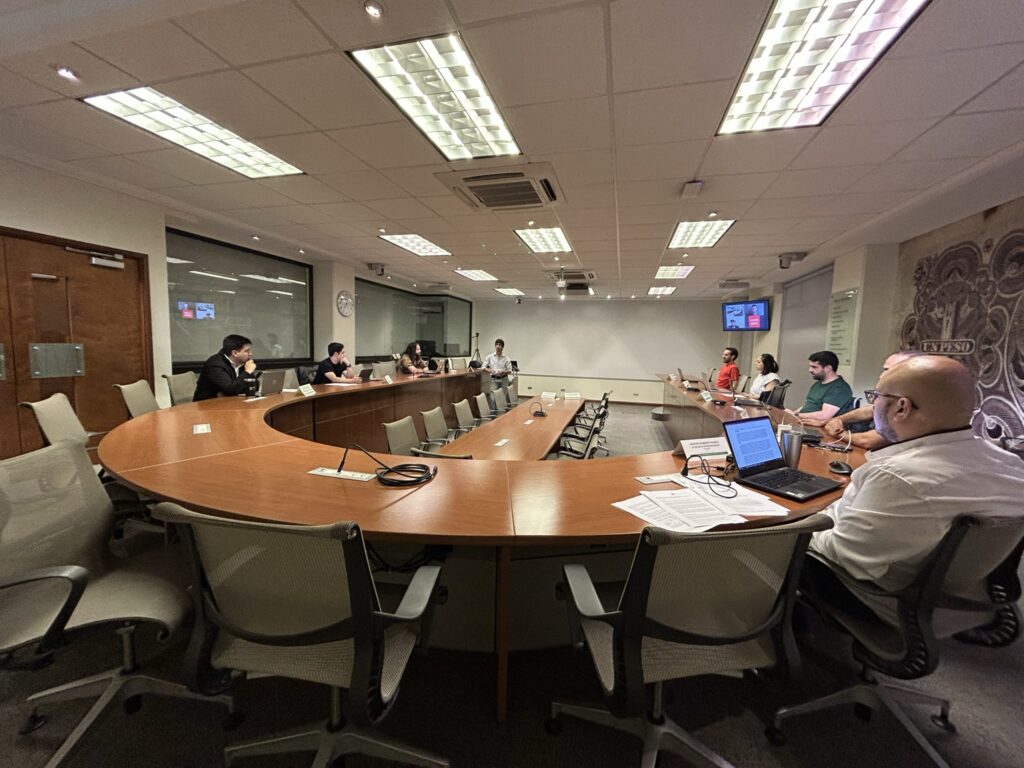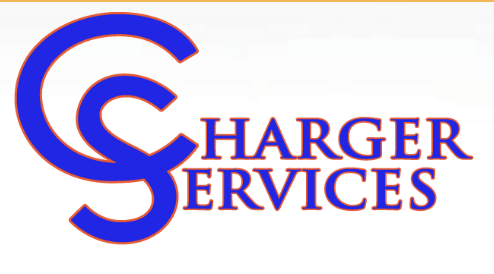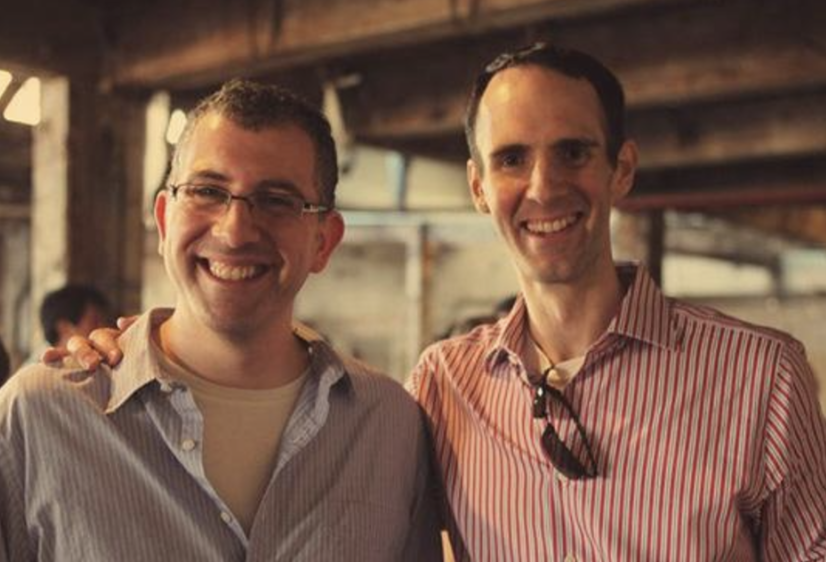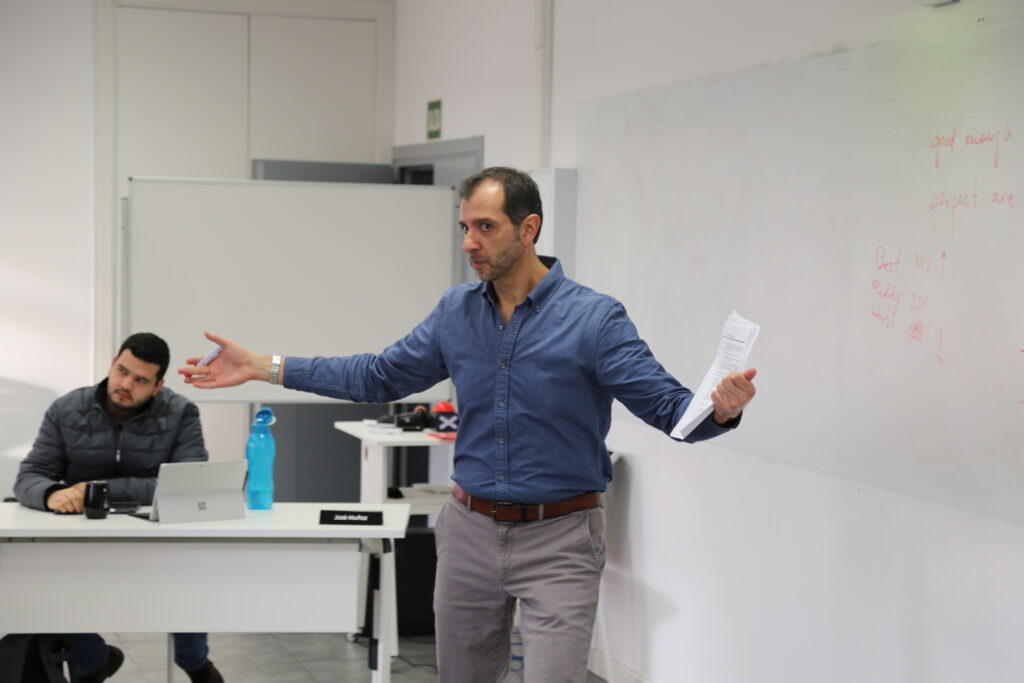Acton in Action: Sprinting with Apex Fun Run
SEPTEMBER 23, 2014
While enrolled at Acton, our students are run through the trenches, stepping into the shoes of real entrepreneurs as they dissect, decide, and debate hundreds of real-life business cases. But no matter how many great lessons you can take from a good case discussion, it’s always most exciting to check in with our alumni and learn about the real businesses, jobs, and value that they’ve created since graduating from Acton.
We recently caught up with Scott Donnell (’09) who founded Apex Fun Run about eighteen months after graduating from Acton. He related his company’s successes, some surprises, and talked about how the firm is the realization of both market needs and his pursuit of his own passion and calling.
Dossier
Company: Apex Fun Run
Acton Alumni: Scott Donnell (’09), president and founder
Founded: January 2011
Headquarters: Phoenix, AZ
Employees: 25
About: Apex Fun Run helps elementary schools raise more funds than they ever have in the past while promoting fitness and teaching its students fun and engaging lessons about leadership. Its three-person teams of former pro and collegiate athletes spend two weeks in each school presenting Apex’s unique curriculum and prepping students, teachers, and parents for the big race day. To date, the program has helped schools in four states (with two more scheduled) and typically raises twice as many funds for a school than any other elementary school fundraising product or company.
See Apex Fun Run in action on Vimeo or YouTube.
Opportunity
In 2009, when he graduated from Acton, Scott knew that he wanted to be his own boss, be in the fitness field, and work with children.
“I’ve always loved working with kids,” Scott said. “I’m a marathon runner and was an All-American tennis player in college. My heart has always been with kids and fitness. I wanted to do something that helped mold character, and I wanted to run my own business. You can be a pastor, counselor, or teacher, but none of those paths meant owning your own business.”
Scott saw an opportunity when he realized that his girlfriend Amy (now his wife), who taught elementary school, spent US$500 of her own money on her students every year.
“And she wasn’t alone,’ said Scott. “That’s when I knew that we had to help”.
“What’s out there now is cookie dough sales, bake sales, other product sales. They have been a necessary evil. But they don’t teach kids anything. We challenged ourselves to create a fundraiser where we teach fitness and leadership skills, while raising money to support schools and teachers.”
Launch
That challenge led to the development of Apex’s product and model. A team of three athletes goes into a school for two weeks, leading all classes and all students in a custom-designed curriculum to prepare students for the big run and fundraising event, while teaching lessons about character. The leadership curriculum is fresh every year.
During this time, students collect pledges for each lap that they’ll run on race day. The final day is the full Fun Run, where students run laps on a course through giant inflatable tunnels and lined with orange cones. Most students run twenty-six to thirty-six laps, earning their pledged amounts for every lap they run.
“A single pledge might be fifty cents or one dollar per lap, or it could be more,” said Scott. Every student gets a T-shirt or jersey with a lap scorecard on the back. And there are prizes, unique every year.”
“Between the three crew members on campus, and support from our headquarters, each school gets about 300 hours of dedicated support from Apex,” said Scott. “It’s all hassle free to the school.”
Raising Money and Incentives
“Financially, we are able to raise about twice as much as traditional school fundraising programs. If they average ten thousand dollars with cookie dough sales, then they’ll make twenty thousand with us,” said Scott.
Once the race is complete and funds are collected, Apex, an LLC, collects a set percentage after all pledges are collected and accounted for with the school. The school never pays a cent in advance for any of the work that Apex does or the materials it uses or gives the students. Instead, the company covers all costs for each school’s program and collects its percentage fee at the end. Scott reports that Apex’s fee averages 20 percent less than the percentages taken by his competitors, the traditional fundraising product sales companies.
In addition, ten percent of the total amount raised goes directly to the teachers to spend on their classes. Each teacher gets exactly ten percent of what his or her class raises, which further motivates teachers and their students.
Haley Elementary in Chandler, Arizona, recently completed the Apex Fun Run. Natalie Kredit, a fourth grade teacher and student council advisor at the school, commented on Apex’s appeal.
“Beyond the promise of higher funds,” she said, “what really convinced teachers was that Apex oversaw 100 percent of fundraising activities, training, parents, prizes, and everything else. It took us out of the equation so we could focus on enjoying the experience and teaching opportunities with our students.”
“This year, we also decided as a school that Apex would be the only fundraiser we would do for the whole year,” Natalie explained. “We had a very team-oriented goal. In the past, we did multiple fundraisers during the year for the Parent Teacher Organization, for teachers, for the student council. This year we made sure parents knew that it was the only time we’d ask them to give. It really allowed them to participate fully, knowing that we weren’t going to be hitting them up again in six weeks.”
Life of Meaning
“Our curriculum and lessons are about character traits—integrity, honesty, being uplifting,” explained Scott. “We get success stories all the time about kids and how they remember our lessons. Teachers have been able to use and build on the lessons from last year. Even kindergartners remember our stuff later on.”
“Our school’s morale reached an all-time high during the Fun Run. Parents and teachers got involved. It was a really fun time on our campus,” said Natalie. “And the Apex employees are amazing. The kids adore them. In fact, we’re having a sock hop this December and the kids keep begging to invite our Apex team.”
“The whole goal is to be a shot in the arm for the school for two weeks,” said Scott. “Energy and enthusiasm are our sticky factor.”
Growth
Fitting for a company that motivates runners, Apex is growing at a rapid pace.
In its first year, it had 1.5 teams that worked with 17,000 elementary-aged kids. It now has six teams and by June 2013 it is scheduled to have worked with 100 schools and 60,000 kids in the 2013 school year. “In the current school year, we expect to raise two million dollars for schools,” said Scott.
“We don’t do paid marketing at all. It’s a ‘come and see’ model,” he continued. “And word of mouth. People love telling the story of what we do. It’s great for the kids, great for the schools, and great for the teachers.”
Natalie agreed, “Parents, teachers, kids, and our principal are all looking forward to working with Apex again next year.”
Contracts for schools are currently booked twelve months in advance. To date, runs have been held or scheduled in Arizona, California, Colorado, Nevada, Texas, and Washington. The demand is such that Apex is currently prepping to franchise its operation in select US markets.
Lessons Learned at Acton
Like with any business, it hasn’t been an effortless climb. Scott and his team have put in many long, grueling hours. Since founding the company, Scott said they’ve had more than fifty surprises and obstacles, including lost shipments and having a storage unit robbed of supplies and equipment.
“This is my first time running and growing a business,” said Scott, “and like we learned at Acton, the challenge of balancing sales and operations is ongoing. We also have to find, hire, and train the right people, then keep them employed by making sure schools are scheduled.”
Scott credits Acton with several of his earliest key successes. “Acton’s Sales Challenge played a big part. We walked into ninety schools. I had to go into PTA meetings and introduce myself, without knowing anyone, and pitch our run. My experience with the Sales Challenge and in the classroom really prepared me for that.”
His pitch was made even tougher by another key Acton lesson.
“At Acton, I also learned a lot about moving as many fixed costs as possible into variable costs. So, although we did a lot of tests, trials, and small cheap experiments, we didn’t pay for any full-blown runs before lining up contracts. We booked two dozen schools for the first year, all after doing only a few test races at schools. If you build it, they might come. If you book them first, they’ll have to come.”
“I also took a lesson from our Life of Meaning class to heart. I knew that you shouldn’t discard the things you’re good at, or the things you love, just to make money.”
But Scott said his primary advantage from Acton was “just plain grit.”
“The work ethic at Acton … It’s just plain grueling. But you go through Acton and you emerge, and you know you can do it.”
“It’s also been surprising just how loved we are at the schools,” he said. “School budgets and teacher budgets are just hurting so much. So, we receive so much appreciation for helping them. And the kids … we’ve even had teddy bears named after us. It’s that encouragement at all levels from the schools that motivates us and keeps us going.”
Questions? Let Us Know!
Want to learn more about Acton? We’d love to hear from you so feel free to contact us directly!
And learn about other alumni experiences at Acton—based upon their own backgrounds, professional interests, and experiences.
